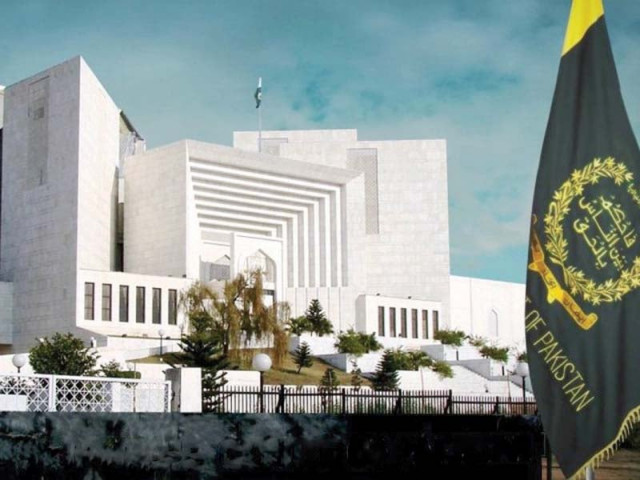Govt agrees to re-enable input tax adjustment
FBR reaches agreement with Sindh Revenue Board, ends two-month standoff

It would be rare to see Prime Minister Nawaz Sharif’s cabinet meeting for the second time in less than 15 days, which is the result of a landmark judgment of the Supreme Court of Pakistan. PHOTO: FILE
The Federal Board of Revenue (FBR) announced that it had reached an agreement with the Sindh Revenue Board (SBR) and would allow input tax adjustment on provincial services.
Govt asked to reverse change input tax rule
In violation of a 2014 Memorandum of Understanding between the Centre and provinces, the federal government had disallowed the input tax adjustment on provincial services in June this year. This increased the cost of doing business besides forcing people to pay double tax to the federal and the provincial governments.
“To give legal cover to the FBR-SRB agreement, the government would promulgate a Presidential Ordinance - the second in the last two months,” said FBR officials. “The agreement will allow the taxpayers to adjust provincial tax paid on services against their liability of sales tax on goods.”
“The Ministry of Law has vetted the Ordinance and the government has called a meeting of the Federal Cabinet on coming Wednesday to approve the Ordinance,” they further said.
The Cabinet will meet just two days before a scheduled session of the National Assembly on September 2.
It would be rare to see Prime Minister Nawaz Sharif’s cabinet meeting for the second time in less than 15 days, which is the result of a landmark judgment of the Supreme Court of Pakistan.
Despite some success, govt fails to win over businesses
In its last week judgment, the SC ruled that the ordinance making power can only be exercised after a prior consideration by the cabinet. An ordinance issued without prior approval of the cabinet is not valid, it ordered.
The ruling has now forced the government to convene the cabinet meeting. This will be the second Presidential Ordinance on fiscal matters after approval of the fiscal year 2016-17 budget from the Parliament in June this year.
Earlier, the government promulgated an ordinance to give effect to an agreement between the FBR and the real estate sector, which pertained to property valuation rates and tax exemptions on property transactions to bureaucrats, judges and journalists.
The officials said that through the Presidential Ordinance, the federal government would also withdraw blanket tax exemptions on property transactions offered to the family members of martyrs. The property valuation ordinance allowed the family members of the martyrs to sell their plots without payment of due taxes. Now, the government is going to limit this facility to only the first sale of the plot.
Input tax adjustment
The FBR and SRB reached an agreement regarding the parameters for cross-adjustment, verification of claim of input tax in light of the Memorandum of Understanding (MoU) signed between the two authorities on 13/03/2014, according to an official hand-out.
The understanding was reached after numerous meetings between the two revenue authorities. The FBR team included FBR Chairman Nisar Muhammad, Member Inland Revenue Operations Dr Muhammad Irshad and Member Policy Rehmatullah Khan Wazir. SBR Chairman Alamuddin Bullo headed the SRB team.
In the 2016-17 budget, the federal government disallowed input tax adjustments on provincial services. This created a rift between the Centre and provinces. The move was also in violation of the principals of value-added-tax system.
During budget proceedings, the FBR Chairman Nisar Mohammad had said that the provinces violated the MoU that had been signed between the federation and the provincial governments. He said the Sindh province was not paying Rs22 billion revenues that they collected on federal government’s behalf.
However, the Senate Standing Committee on Finance did not accept the FBR’s logic of bringing an amendment into the law to address pure administrative issue.
The standing committee recommended the federal government to withdraw this amendment for greater national harmony. At that time, the government did not agree.
The SRB had not accepted the FBR’s claim of Rs22 billion payments, claiming that the outstanding amount was even less than Rs100,000.
“The issue of the past arrears has not been fully settled and both sides would meet again to reconcile figures,” said the officials, adding that a mechanism for calculation of future claims had also been agreed upon.
Published in The Express Tribune, August 27th, 2016.
Like Business on Facebook, follow @TribuneBiz on Twitter to stay informed and join in the conversation.



















COMMENTS
Comments are moderated and generally will be posted if they are on-topic and not abusive.
For more information, please see our Comments FAQ